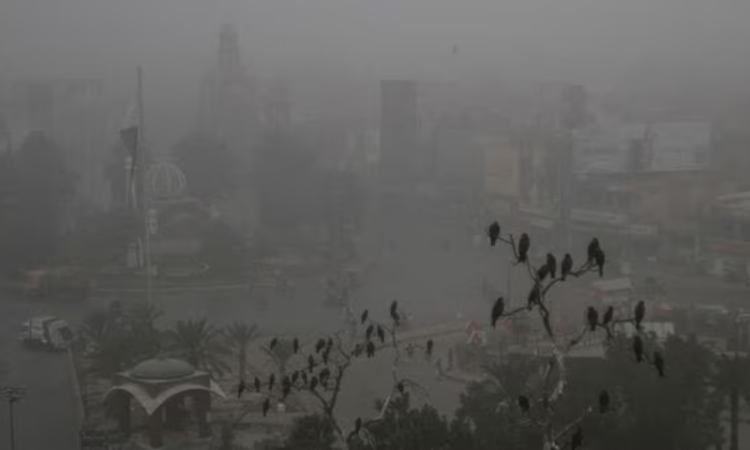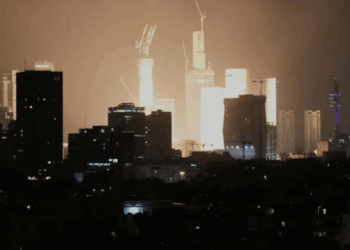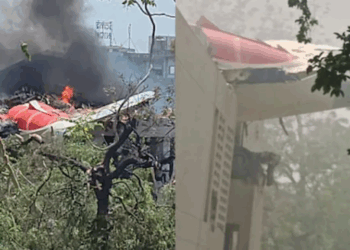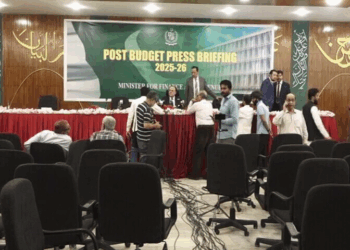Lahore, November 16, 2024 – The persistent smog in Lahore and Multan continues to severely impact public health and daily life, with Lahore registering some of the worst air pollution levels globally. On Saturday, Lahore recorded an average Air Quality Index (AQI) of 766, with specific areas such as DHA reaching an alarming AQI of 1,324, Gulberg’s Maratab Ali Road at 1,210, and the Ghazi Road Interchange at 850.
In response, the government has imposed stringent measures in both cities. All educational institutions in Lahore and Multan have been closed temporarily, with instructions to transition to online classes. Construction activities have been banned, and markets, except for essential services, are required to shut by 8 PM. Eateries are permitted to operate until 4 PM, with takeaway services allowed until 8 PM. Additionally, holidays for doctors and health officials have been canceled to ensure hospitals are prepared to handle emergencies.
Senior Provincial Minister Marriyum Aurangzeb, addressing a press conference in Lahore, declared a health emergency in both cities, highlighting the hazardous levels of smog. She mentioned the possibility of a lockdown on the upcoming Friday, Saturday, and Sunday. The minister emphasized that the smog crisis had reached the level of a national disaster and reiterated that a comprehensive 10-year plan to combat smog had been devised in March by the chief minister in consultation with relevant departments.
Special Prayers for Rain
In a bid to seek divine intervention, special prayers for rain (Salat-ul-Istisqa) were held nationwide on the appeal of Prime Minister Shehbaz Sharif. A congregation, organized under the Ministry of Religious Affairs and Interfaith Harmony, took place at the Kohsar Block lawn, with a sermon delivered by Dr. Shahid Rehman, Director of Research and References. A significant gathering also offered prayers at Faisal Mosque in Islamabad following Friday prayers.
Breakthrough in Artificial Rain Technology
The Punjab government announced a successful breakthrough in artificial rain technology, marking a significant development in addressing smog. The operation, conducted by the Meteorological Department on Friday, involved locally developed cloud seeding techniques. This effort resulted in rainfall in areas such as Jhelum and Gujjar Khan following cloud seeding in Jhelum, Chakwal, Talagang, and Gujjar Khan.
Experts confirmed that artificial rain occurred within a few hours of the operation, which was carried out at 2 PM. The authorities anticipate similar results in Lahore soon. The project was a collaborative initiative involving the Army’s Scientific Research and Development (SPD) unit, Army Aviation, PARCO, the Environment Protection Agency (EPA), and the Punjab government.
These combined efforts reflect the government’s determination to combat the worsening smog crisis and alleviate its impact on public health and daily life.








